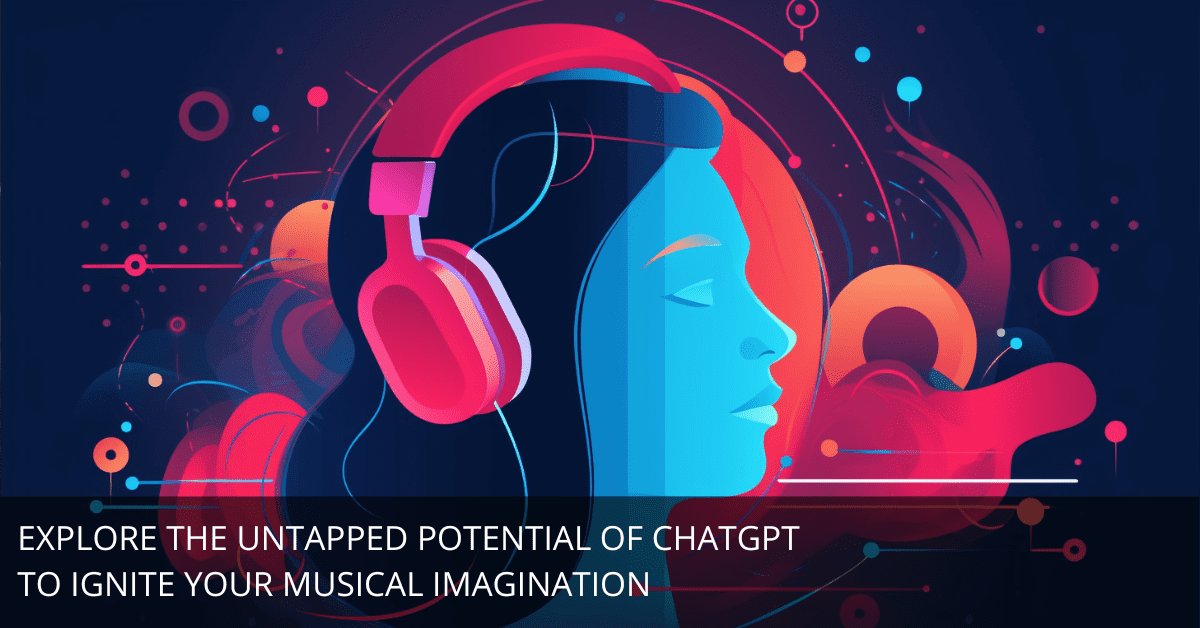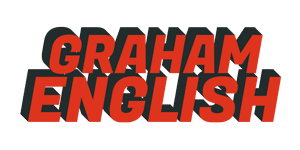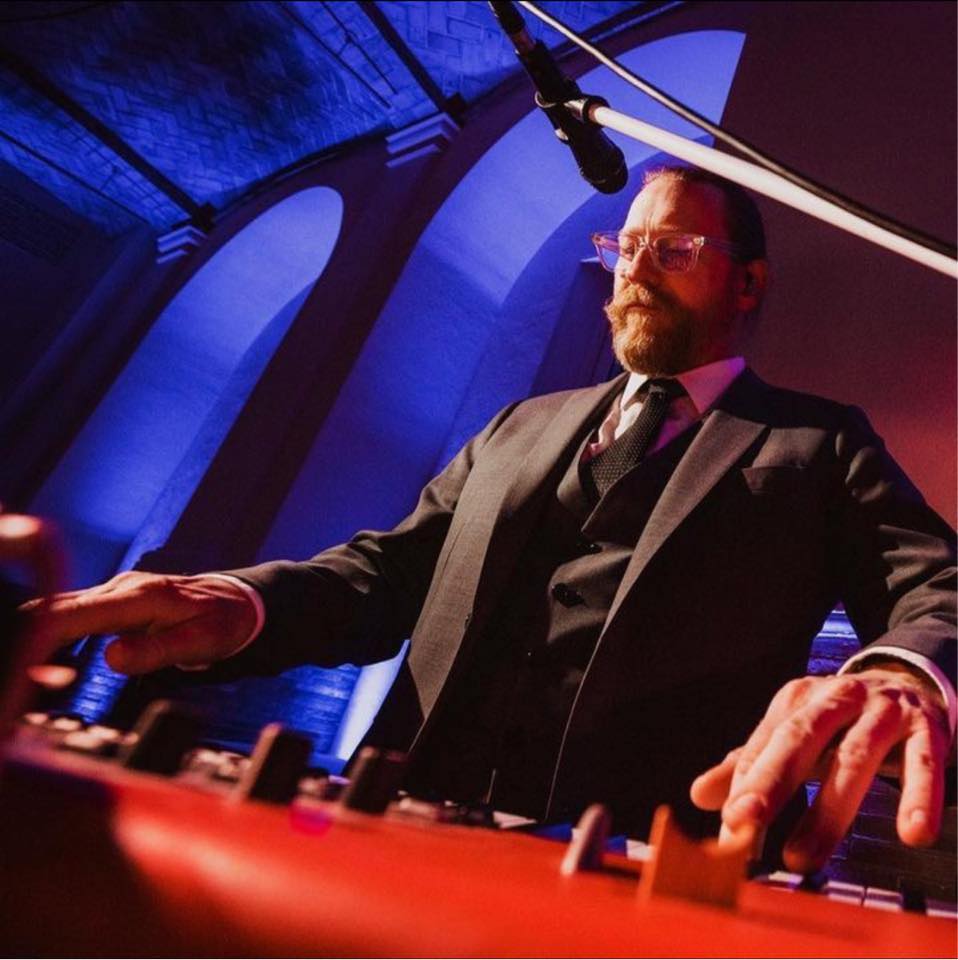
Alright, folks, strap in. This ain't your average music production talk. We're shifting gears here. From knobs and faders to algorithms and code... Yeah, you heard it right. We're talking about artificial intelligence. More precisely, OpenAI's ChatGPT and how it can be a game changer for your compositions.
Discovering ChatGPT in the Music Universe
Picture this...a cold, dark room, your hands sore from endless piano runs, your brain fried from overthinking chord progressions... Sounds familiar?
Enter ChatGPT, OpenAI's language model that's been causing a ruckus across various fields, including ours - music. It ain't just for churning out words; it's got the potential to create musical sketches and generate MIDI files...yeah, like the ones you're sweating over right now.
And how does it do that? Well, MIDI ain't nothing but data, and ChatGPT, well, it's a data-crunching beast. It transforms your input into a music notation string, allowing you to download it as a MIDI file. But you're not here for the tech jargon, you want the juice. So let's get to it.
Tactic #1: Use ChatGPT to Generate Musical Sketches
Before you roll your eyes and hit me with a "Sketches? I need full-fledged compositions, buddy!", hear me out. Think of a sketch like your base, your foundation. It's the starting point that provides you with a direction for your composition.
So, you get your musical ideas, feed 'em to ChatGPT, and this bad boy spits out a sketch. You've got your starting point, and then it's all you, baby. Work your magic, tweak the sketch, and there you have it, a composition that's got your signature with a twist of AI.
And the best part? It's like working with a collaborator who doesn't throw tantrums or has ego issues. Win-win, am I right?
Tactic #2: Leverage ChatGPT for Harmonic Progressions
Struggling with a gnarly chord progression? Or maybe you're stuck in the four-chord loop rut. You know the one I mean...
ChatGPT's got your back. It can handle all sorts of harmonic progressions, from the good old diatonic progressions to modal interchange or even jazz chord substitutions. No more banging your head against the wall, trying to break out of the progression prison. ChatGPT offers a fresh perspective and helps you spice up your harmonies.
Tactic #3: Experiment with ChatGPT for Rhythm and Melody
Ever got that nagging feeling where everything you write sounds the same? That your melodies and rhythms are in a Groundhog Day scenario? Break the loop with ChatGPT.
You give it a simple melodic or rhythmic pattern, and it returns the favor with a set of variations. It's like having your personal brainstorming session. You go from "ugh, another 4/4 beat" to "holy smokes, this is fresh!"
Now, What's the Catch?
Sure, using AI for music composition sounds all rosy and sunshine, but there's gotta be a catch, right? I mean, it can't replace human creativity and emotion...or can it?
The thing is, AI, like ChatGPT, is a tool. It's not here to replace you. Instead, it's here to aid you, to fuel your creativity. You're still in the driver's seat, making the final decisions and adjustments.
So, the real catch? It's you. It's your willingness to embrace change, to step out of your comfort zone and experiment. But hey, no pressure!
In conclusion, ChatGPT brings a new dimension to music composition. It helps generate musical sketches, provides fresh harmonic progressions, and helps you break free from melodic and rhythmic monotony. All while keeping you in control. It's not a replacement but an enhancement to your creative process. So, why not give it a spin?
FAQs:
Q1: Is ChatGPT really useful for music composition?
It sure can be. While it won't replace human creativity, it can provide you with a fresh perspective and help you break free from creative ruts.
Q2: How does ChatGPT generate music?
ChatGPT can turn your input into a music notation string, which can then be downloaded as a MIDI file.
Q3: What if I only have basic musical ideas?
That's perfectly okay! ChatGPT is an excellent tool for generating musical sketches based on your ideas.
Q4: Can ChatGPT handle complex harmonic progressions?
Absolutely. From diatonic progressions to modal interchange and even jazz chord substitutions, ChatGPT has you covered.
Q5: What's the catch with using AI in music composition?
The only catch is your willingness to experiment and embrace change. ChatGPT is a tool to aid your creative process, not replace it.

